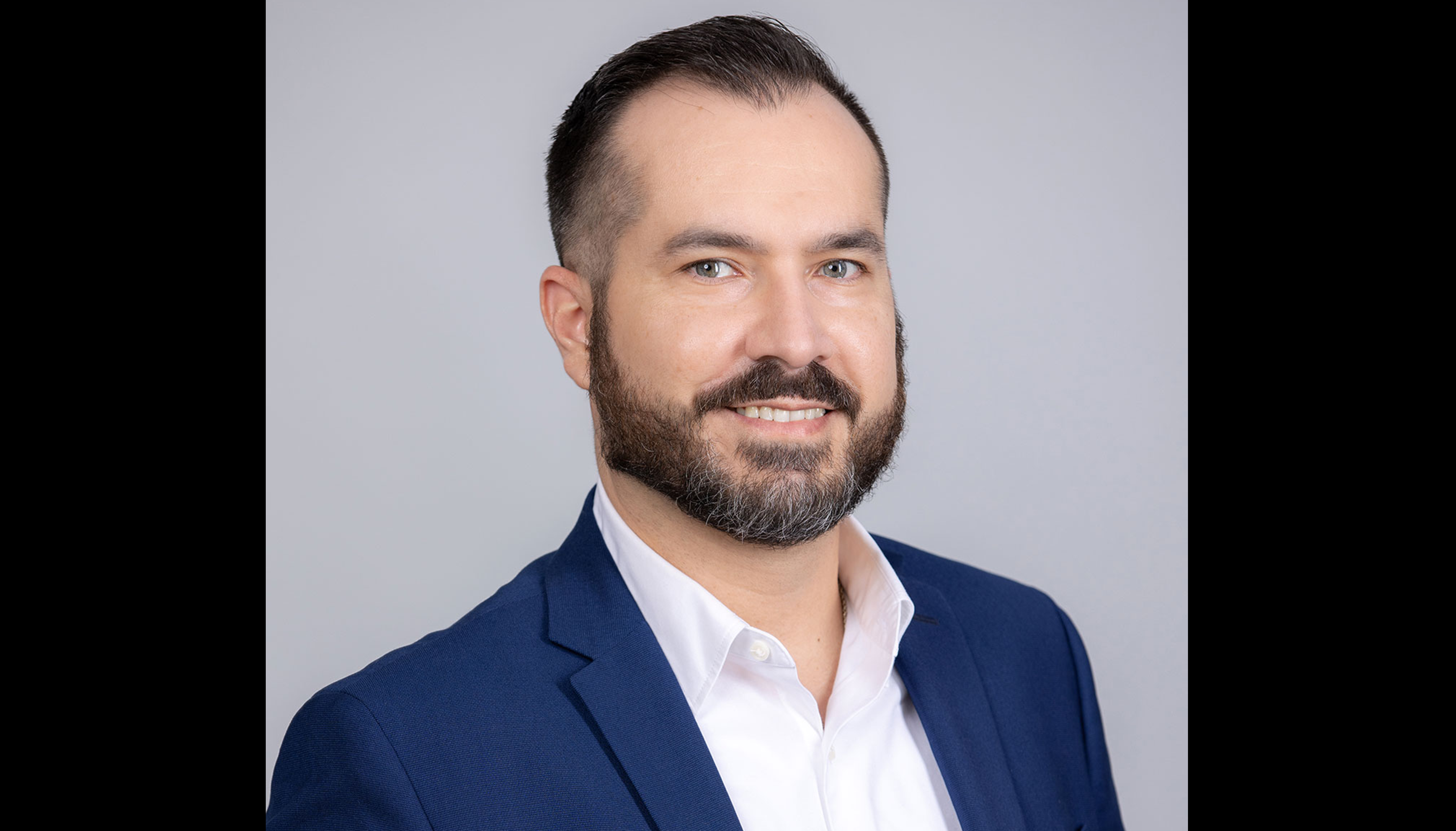By Bonnie Blumer
Roberto Santiago ’23, associate director of enterprise supplier quality at Collins Aerospace, chose to pursue an advanced degree after multiple leaders encouraged him to do so to further his career.
While many of his co-workers were getting MBAs to focus on strategy, Santiago was more interested in a technical degree, and researched engineering programs with a focus on practical, real-world applications. He ended up pursuing a master’s program in engineering science through the Rensselaer at Work program at Rensselaer Polytechnic Institute (RPI), and will graduate with his degree this May.
In his initial research, many of the programs he saw stressed theory over practice. “I know a lot of Six Sigma Black Belts who learned enough to pass a test, but lack the real-world experience to put theory into practice,” he said. “They can’t solve problems because they don’t have that mentorship and guidance from their instructor as I received at RPI.”
In his role at Collins, Santiago had noticed that the company had a challenge with audits. As a Rensselaer at Work student completing coursework in Lean Six Sigma, solving this challenge was something he was able to focus on, with support from his faculty mentor, as part of his graduate education.
While taking his first class, Lean Six Sigma I, he was stunned to learn of a list of more than 120 tools he could immediately apply across all aspects of Collins. With guidance from his instructor, Antonella Zompa, he and his team were able to save Collins $1.1 million within just two quarters. The tools and techniques he applied were so effective that he extended them to his suppliers — saving them money, reducing cycle times, and improving delivery. His reputation for completing projects grew and a promotion soon followed.
The next semester, Santiago returned to RPI for the Lean Six Sigma II course and given Zompa’s advice, he chose to focus on audits. He joined an enterprise-level team that was responsible for creating one audit document. This reduced the number of documents Collins had from 17 to one, applying industry standards to the former and minimizing duplication.
Santiago then used the tools he learned in the course and completed a statistical analysis that demonstrated 97% confidence in the proposed improvements. He also developed guidance documents that could be used by employees with less experience. The new audits would serve across business units, thus reducing the need for each unit to conduct redundant audits of a given supplier.
After extensive benchmarking and pilots run with suppliers, these procedures were pushed out to local experts who then performed audits at their nearest facilities without incurring massive travel costs.
The payoff was immediate.
For 2023 and every year in the future, Santiago’s Rensselaer at Work project is forecasted to save Collins more than $2.5 million in travel and resource costs, with a concurrent improvement in quality. And while the financial savings were noticeable within the company, the quality improvement mattered just as much to him. “Quality drives quantity,” he said.
For Santiago, maintaining quality at 100% isn’t just a theory. It’s practice, informed by years of experience enhanced with the hands-on, project-driven education he received as a graduate student at Rensselaer at Work.


